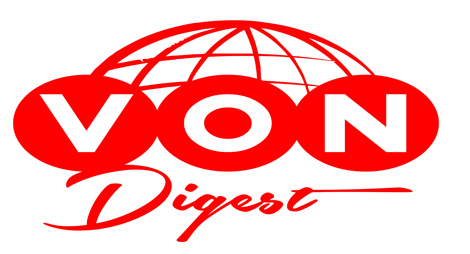The clock is ticking on a U.S. ban of TikTok, set to take effect in less than 6 weeks.
As TikTok moves on its legal options, users and tech companies are wondering what the social media landscape would look like without the app.
TikTok continues to fight a law signed by President Joe Biden in April that requires it to divest from Chinese-based parent company ByteDance by Jan. 19, 2025 – or be banned in the United States.
Lawmakers have argued TikTok poses national security concerns, but TikTok argues for a right to free speech.
If the law takes effect, U.S. app stores and internet services could face hefty fines for offering the app and its updates.
Google and Apple must be ready to remove TikTok from their U.S. app stores on Jan. 19, U.S. lawmakers said in a letter to the companies’ CEOs Friday.
New users would not be able to download TikTok, and for current users, updates won’t be available, which keeps the app up and running.
“That’s what keeps it running smoothly. So, after a certain point, if you’re not getting updates to TikTok, it’s basically gonna stop working,” said Abrar Al-Heeti, CNET technology reporter.
The TikTok ban could prompt a shift in where people spend time online, especially younger users, whose preferences change.
Monica Anderson of the Pew Research Center says their survey of teens ages 13 to 17 found that nearly half them say they are online almost “constantly.”
The survey found that YouTube is the most widely used and visited platform among teens. About 6 in 10 teens said they use TikTok every day.
“One of the things that is constant with the work that we do with teens is just acknowledging that the social media landscape can change and sometimes swiftly,” Anderson said.
Some TikTok users have started to turn to similar platforms like Meta’s Instagram reels, but they could eventually see change among the big U.S.-based tech companies.
Al-Heeti said these companies are facing their own government pushback because of their size and influence.
“They’re not going to be banned, but they are facing some pushback as well,” Al-Heeti said. “So, it is an opportunity for American companies to potentially step in and fill the void, but it’s still, you know, they’re still facing scrutiny for other reasons, too.”















